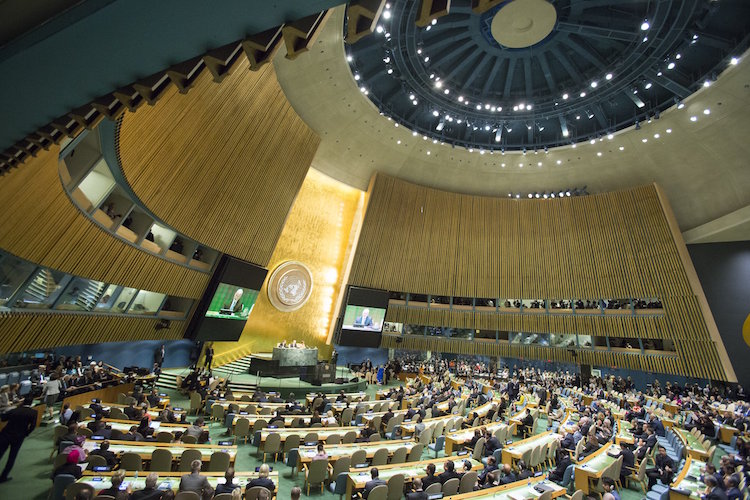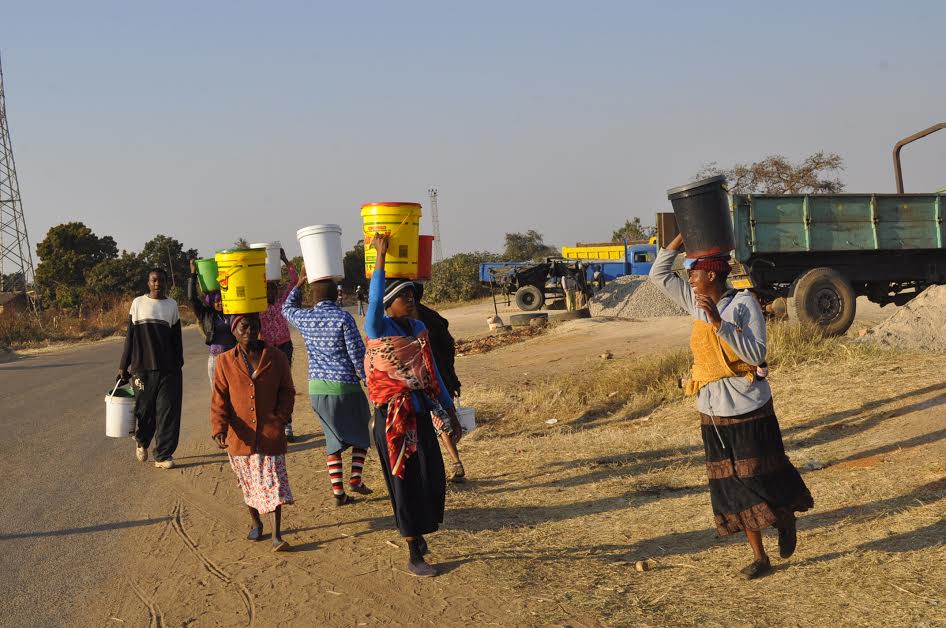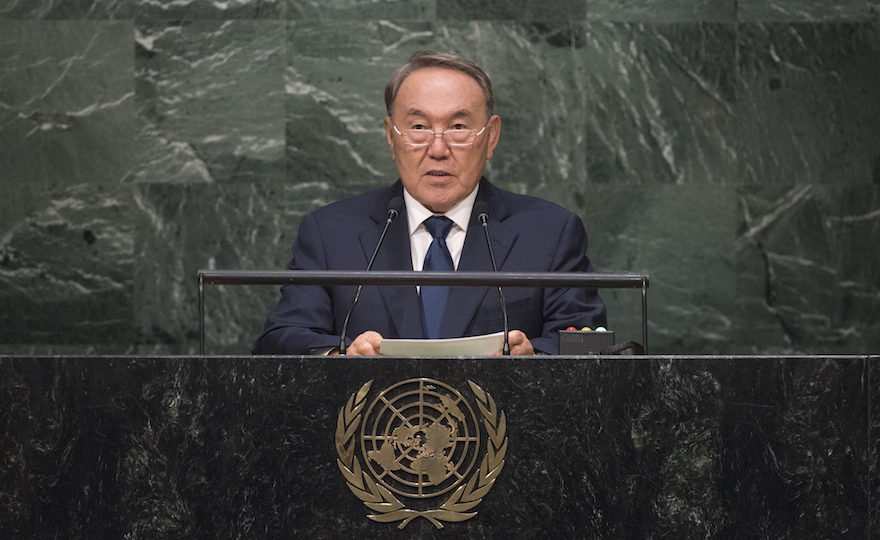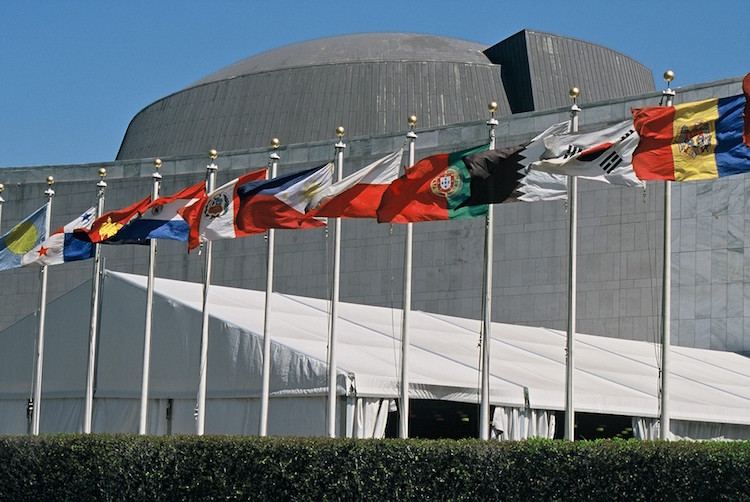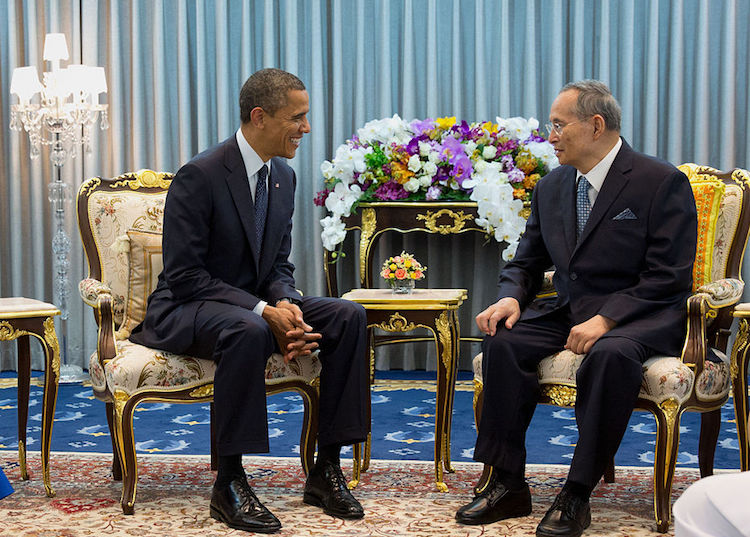Analysis by PNND
“This was the most acrimonious UN General Assembly I have seen in the nearly 30 years I have been observing the Disarmament and International Security Committee at the UN.” – Alyn Ware, PNND Global Coordinator.
NEW YORK (IDN) – On October 27, the Disarmament and International Security Committee of the United Nations General Assembly adopted a ground-breaking resolution Taking forward multilateral nuclear disarmament negotiations.
The resolution establishes a UN conference in 2017 ‘to negotiate a legally binding instrument to prohibit nuclear weapons, leading towards their total elimination.’

